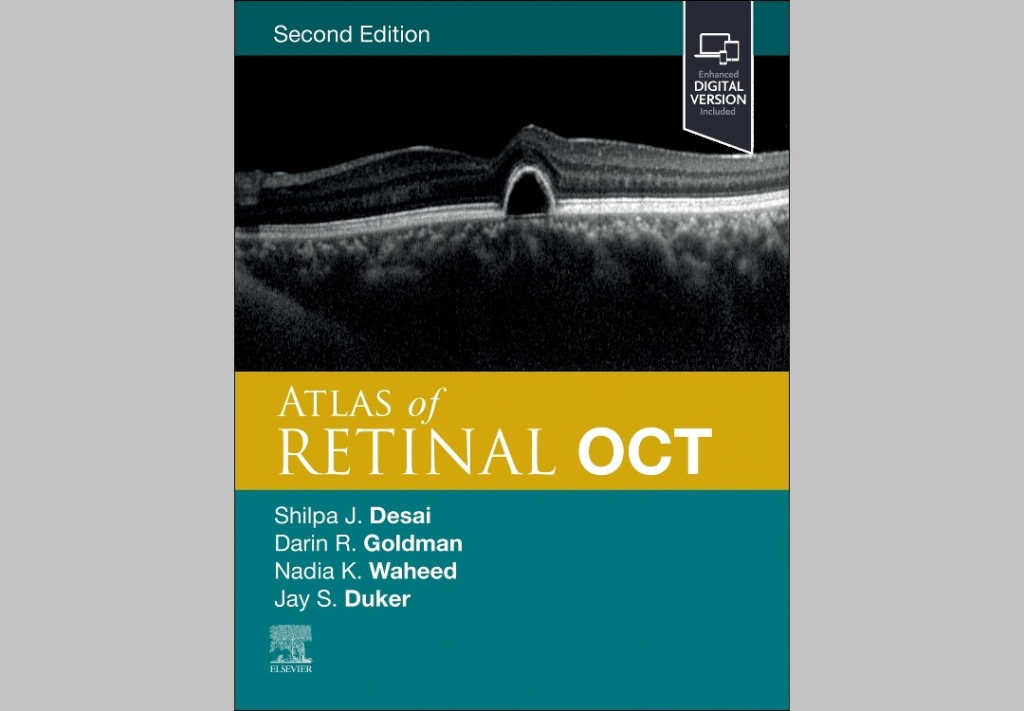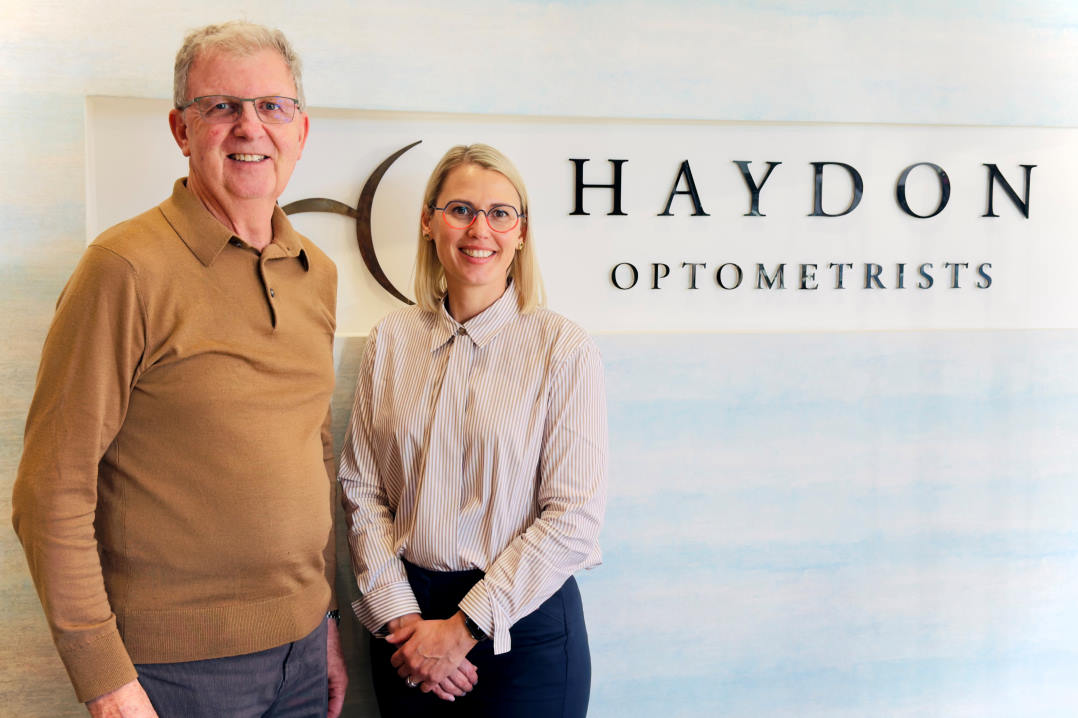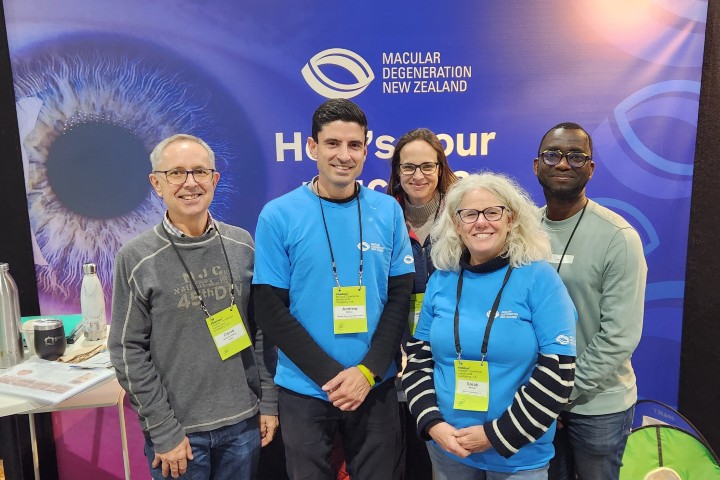Book review: Atlas of Retinal OCT: Optical Coherence Tomography 2nd Edition
Published in 2023, this is the second edition of Atlas of Retinal OCT, written by Professor Jay Duker, Associate Professors Nadia Waheed and Shilpa Desai and Dr Darin Goldman. Since 2017’s first edition, new pathologies have been added and high-resolution spectral domain OCT and updated OCTA imaging have been included.
This updated textbook also includes more than 1,000 high-quality images, labelled clearly with arrows so readers gain a clear understanding of the OCT/OCTA appearances of a series of ocular pathologies. Its nine parts cover a range of common and rare ocular disorders, with the first part laying out the normal OCT appearance of the optic nerve, retina, choroid and vitreous. Artifacts and error are also discussed to help clinicians avoid common pitfalls while using this complex technology.
Parts 2 to 9 focus on specific disorders relating to the vitreous and retina, the macula, vaso-occlusion, uveitis and inflammation, retinal and choroidal tumours, trauma and inherited retinal degeneration. These parts are further divided into descriptions of specific conditions, with key OCT features highlighted to aid with the pattern recognition of each.
Access to the eBook version is included with the purchase of the textbook. This allows readers to search easily for specific conditions, make notes and highlight text. The electronic content can also be read aloud so that users can listen to the content of the book from their laptop, tablet or mobile wherever they might be.
I was impressed by the book’s image clarity, with well-structured descriptions of the OCT/OCTA images. Looking up specific conditions is effortless and I have already put it to good use during my teaching clinics, facilitating discussion on the different types of neovascular membranes observed in patients with neovascular age-related macular degeneration. With access to the eBook, I can bring up large, high-quality images on my clinic desktop to demonstrate the salient features on OCT/OCTA for a variety of conditions we see daily in the medical retina clinic. Given the ever-increasing role of OCT in optometry, this book is also a valuable guide to assist with triaging patients requiring tertiary care referral.
Atlas of Retinal OCT is a complementary text to the Handbook of Retinal OCT: Optical Coherence Tomography, which I reviewed in 2022. Together, they make an excellent diagnostic resource on OCT and OCTA for both the novice and expert clinician.

Dr Sophie Hill is a consultant ophthalmologist at the Greenlane Clinical Centre, specialising in medical retina and cataract surgery. She is also an honorary senior lecturer at the University of Auckland and works in private practice at Eye Institute.


























